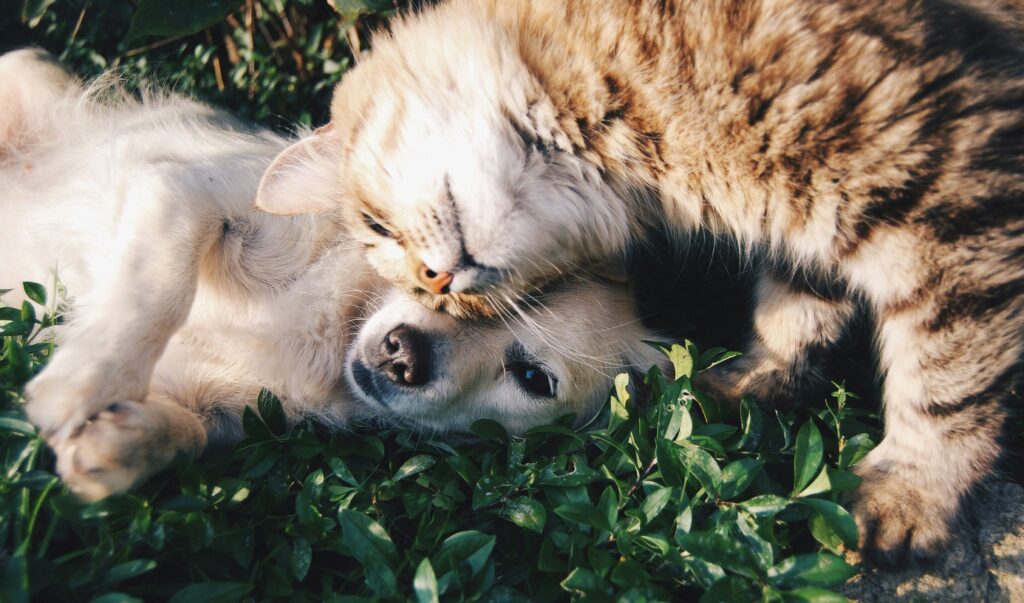Taking part in a lottery can be an exciting experience. While the odds of winning a huge jackpot might be slim for big lotteries, the excitement of taking part and knowing you stand a chance of changing your life forever can be worth it for the thrill.
As a previous
However, for those of us that like to have better odds on our sides there are plenty of online competitions, thanks to the wonders of modern day marketing, that we can participate in. What’s more, many of this competitions have extravagant prizes and cost nothing more than an email address or a simple like and share on social media.
Not only are these competitions excellent for consumers but they can also prove to be incredibly advantageous for budding startups, if executed correctly. For example, Jewelry subscription box Bijoux Surprise ran a giveaway that lead to 4235 genuine leads in their first two weeks post-launch. But with so much noise online it can be hard to stand out from the crowd and grab users attention.
The incredible success of this giveaway was not achieved
To get a better understanding of why this giveaway was so successful and how other startups can imitate this success, we spoke with Polymathic Guru founder Trilok
In the case study, you’ve mentioned that the best way to get attention for a giveaway is with a huge prize amount. What advice do you have for new startups which might not have the funds to offer a huge prize amount?
Sure, That’s a good question. Firstly, It need not be always monetary. Depending on the audience, it can also include consulting time, coaching call, etc. if the founders have a specific set of expertise.
Secondly, the startup can partner with complementary companies and work together. For example, we are working on a project called MyKetoBites. We ran one of the biggest Keto giveaways ever. The results were even better than the one mentioned in the case study. What we did was we partnered with other Keto companies and asked them to give prizes. We partnered with 24 companies for this. We did all the hard work and spent some money on ads etc. But the prizes were mostly covered by these 24 partner companies.
The idea is to think innovatively. There is always something one can offer outside of the money.
Vyper Leaderboard tool was chosen for this giveaway. I understand you have experience with other platforms you mentioned such as Sumo or Viral Loops. Can you explain why certain platforms are better for certain giveaways and what the differences are between these options?
For this kind of particular giveaway, Vyper is the best tool in our opinion because of the leaderboard feature. It gamifies the giveaway and motivates users to invite their friends and family to earn more points.
For this giveaway, you used micro
There are multiple factors to consider. It really depends.
In short, if you choose the right influencers (no fake followers, good engagement rates, etc) micro influencers can give you better ROI (~50%+ – based on engagement rates).
Of course, with micro influencers, it will be difficult to scale and you should also not forget to include the amount of time one would spend on vetting, negotiating and scheduling while calculating the ROI.
Did any of the results from this giveaway surprise you?
We were pleasantly surprised by the amount of ROI. We were honestly not expecting such great results. (Considering it was during Christmas when big brands were spending big $$$ to get all the attention)
Have you had feedback from any of the participants?
Participants were really happy that we took care to eliminate people who were gaming the contest.
Can you briefly explain how our readers can spot fraudulent giveaways
(competitions that are actually a scam to get your personal details with no real prize)?
I would look for a few pointers such as:
- Who are the people behind the brand
- Are they responding to comments, questions, etc
- Are they really trying to build a community, brand or what are their intentions? – you would not build a facebook group if there is an intention to cheat. It gets tough when all the participants are in one place connected.
Disclosure: This article includes a client of an Espacio portfolio company










